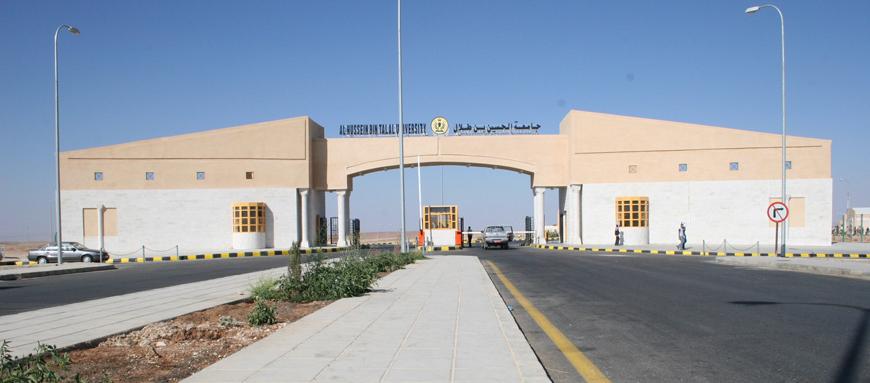You are here
‘Change in minimum Tawjihi score for studying abroad frustrates some graduates’
By Dana Al Emam - Oct 22,2015 - Last updated at Oct 22,2015
AMMAN — When Jordanian Saif Ayyash decided to study engineering abroad, he thought he would have a chance to contribute to the local labour market and build on the knowledge and experiences he gained during his studies.
But the 2013 graduate from Egypt’s October 6 University, majoring in communications and electronics engineering, has been unable to use his degree to obtain employment because the Ministry of Higher Education did not accredit his certificate.
The issue started in 2008, when Ayyash passed the General Secondary Education Certificate Examination (Tawjihi) and finished the required paperwork to apply to the Egyptian university through an accredited office that facilitates study abroad programmes.
Neither the office nor the ministry notified Ayyash, who scored 67.8 per cent in Tawjihi, of the ministry’s recent decision not to accredit university studies abroad for students with an overall Tawjihi score below 70 per cent.
After finishing three years of study, the 25-year-old learned of the ministry’s decision, but decided to finish his course anyway, in the hope of finding a “just” solution upon his return to Jordan.
“I have successfully finished 200 credit hours, while engineering programmes in Jordanian universities range from 122 to 162 credit hours,” he told The Jordan Times in a recent phone interview, adding that he ranked fourth in his class, while his graduation project ranked first.
“Other students with Tawjihi scores as low as 55 per cent faced no problems only six months earlier,” Ayyash said, adding that students who studied abroad in later batches were informed about the new regulations beforehand.
The engineering graduate is one of around 200 students facing difficulties in obtaining membership in the Jordan Engineers Association (JEA), which is required for them to enter the labour market officially, even for training purposes.
Mohammad Abu Afifeh, assistant secretary general for international affairs and business development at the JEA, said obtaining an accredited engineering certification from the Higher Education Ministry is a must for JEA membership.
“When the ministry did not accredit the certifications of this group of students, the association suggested that they sit for an internationally recognised American test that would ensure they have the minimum knowledge of the required sciences and engineering,” he told The Jordan Times.
Abu Afifeh noted that while the JEA wanted to help solve this “national” problem by offering the test in Arabic, the ministry rejected this proposal and demanded instead that students obtain a master’s degrees in order to attest their certificates.
But Ayyash said he was concerned that obtaining another degree without any work experience would categorise him as “overqualified”, hindering his employment chances.
He also mentioned that the credit hours he finished already exceed the required number of hours even for the master’s programme.
“The ministry should clearly explain the regulations for students to avoid having others fall in the same trap,” Abu Afifeh said, urging the authorities to develop a “suitable” tool to measure the educational level of the students concerned and put an end to their frustrations.
Meanwhile, Abu Afifeh highlighted the need to sustain the good reputation of Jordanian engineers, citing the presence of some 40,000 Jordanian engineers working in Arab Gulf countries alone.
Officials at the ministry were not available for comment despite several attempts by The Jordan Times to reach them.
“I am currently not able to work and I cannot help my family financially,” Ayyash concluded, noting that several jobs he applied for inside and outside the Kingdom require JEA membership.
Related Articles
The Ministry of Higher Education is mulling increasing the minimum General Secondary Certificate Examination (Tawjihi) score required for admission to medical schools abroad to 85, an official said Sunday.
AMMAN — Thousands of Jordanians are studying medicine and engineering abroad, raising concerns about the prospects for their employment when
AMMAN — Higher Education Minister Labib Khadra on Thursday said 24,723 students have been accepted at public universities through the Unifie
















